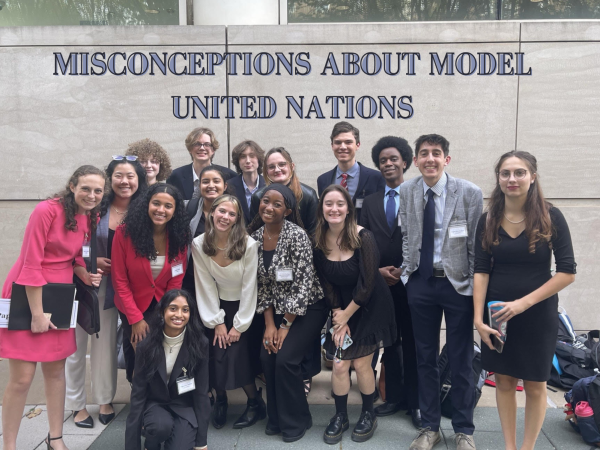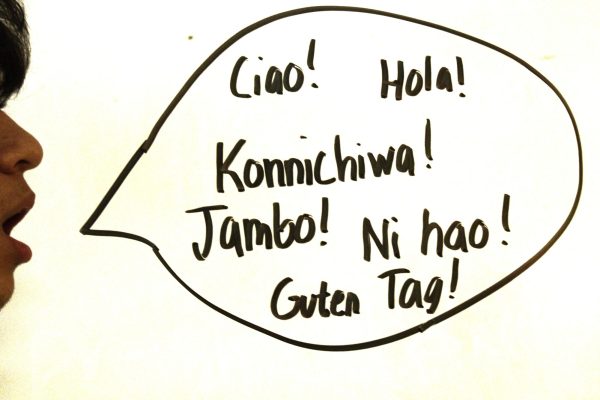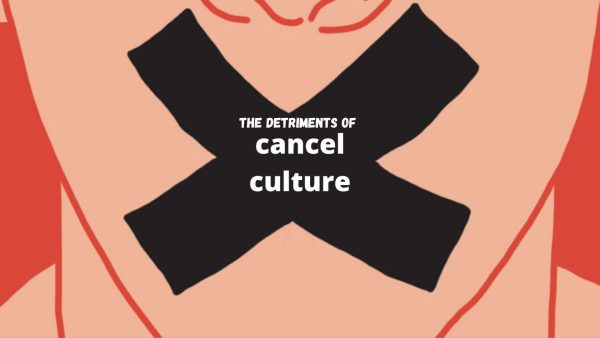Animal slaughtering goes far beyond Cecil the Lion
August 20, 2015
After American dentist Walter Palmer shot and killed the well known and beloved lion Cecil, a viral outbreak on social media occurred. Celebrities, politicians, and activists felt outraged with this man from Minnesota. People signed petitions and even cried for the famous lion from Zimbabwe.
Here lies my issue: Many fellow Americans and NC students remain unaware, uninformed, and uneducated on the process of slaughtering an animal for food. The voiceless cries of more than 56 billion animals (yes, billions) prove unheard and unimportant in the eyes of many.
Who are we to demand the government of Zimbabwe take action in revoking hunting, when we as a nation unethically and inhumanely torture and slaughter billions of animals in our own country? I do not ask readers to stop eating meat, as many would balk at the idea. I ask you to inform yourselves.
Many manufacturers do reveal the darkness behind the meal we indulge in: The stress, the fear, the torture. Do they tell us of how the animal does not die immediately after bleeding out? Do they tell us of the hormones injected into them to fatten and improve their taste, those of which contain cancerous chemicals? They do not, and it should anger us as it angers me.
Again, I make these points not to persuade you to stop eating meat. Humans kill animals to provide food crucial to survival. It remains a process that exists since humans entered Earth. It proves an instinct that most animals possess: kill to eat. It seems simple, but a vital difference remains between a wild animal and us. We know right from wrong and we possess common sense. There remains different and more effective ways to kill an animal.
We can classify Cecil the lion’s death as a tragedy, at most. I respect those who fight to stop the hunting of these endangered animals. At the same time, I urge people to educate themselves and others of the animal slaughtering process in the United States, and how inhumane and painful it becomes for these animals. Before we speak of Cecil’s hunting and how angry most are with Zimbabwean officials not working their hardest to stop endangered animal hunting, we should first look at the United States and the injustice to our own animals.

















